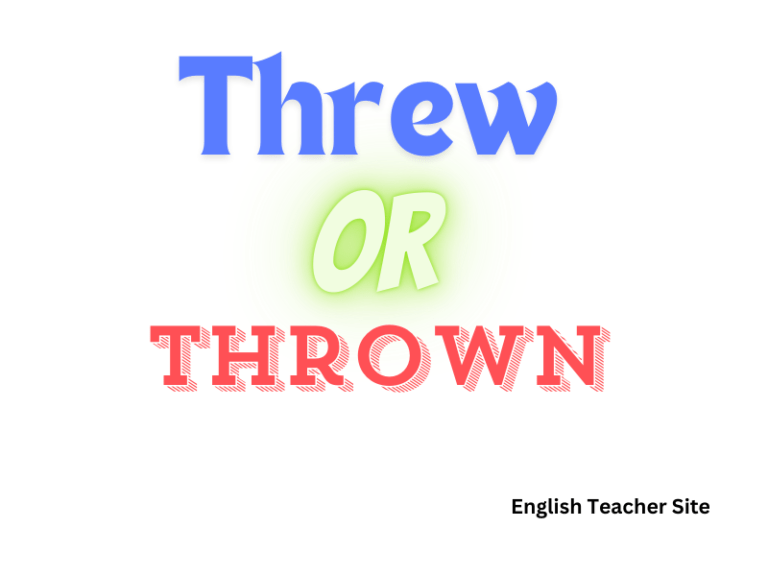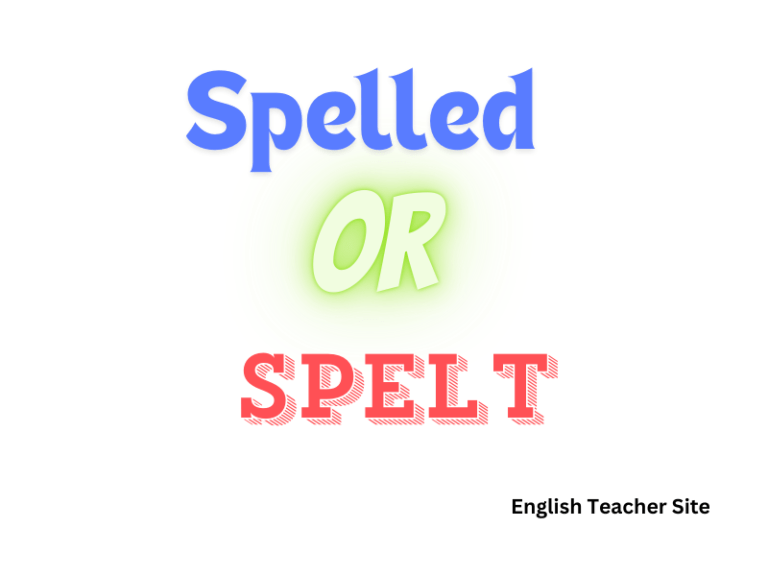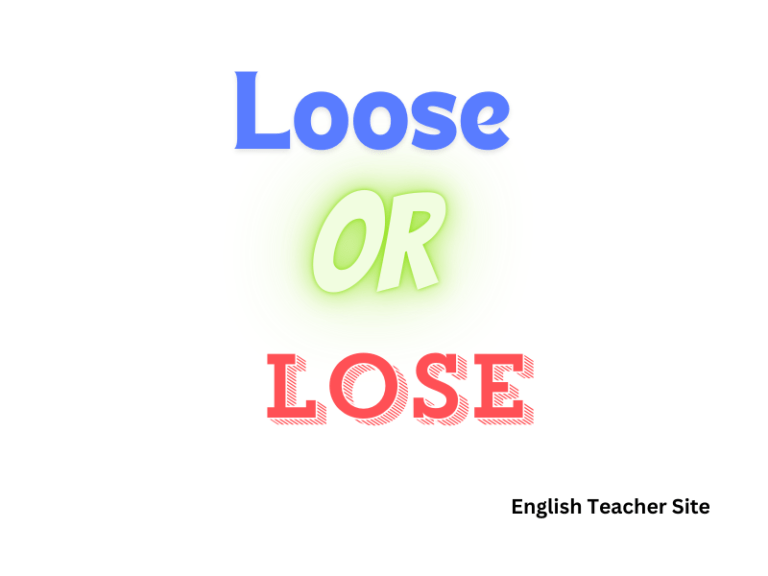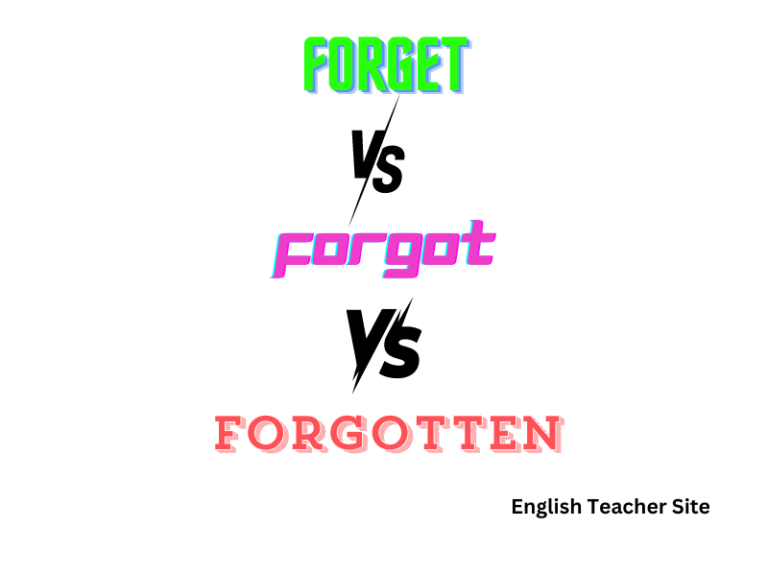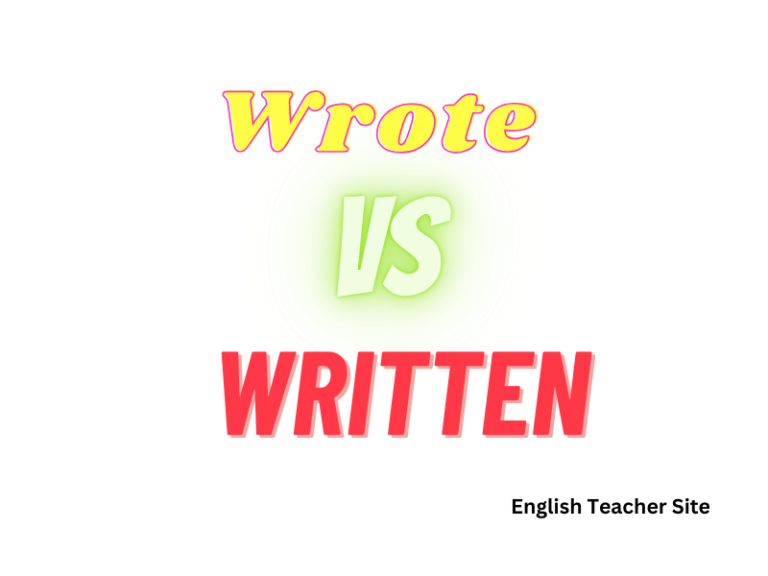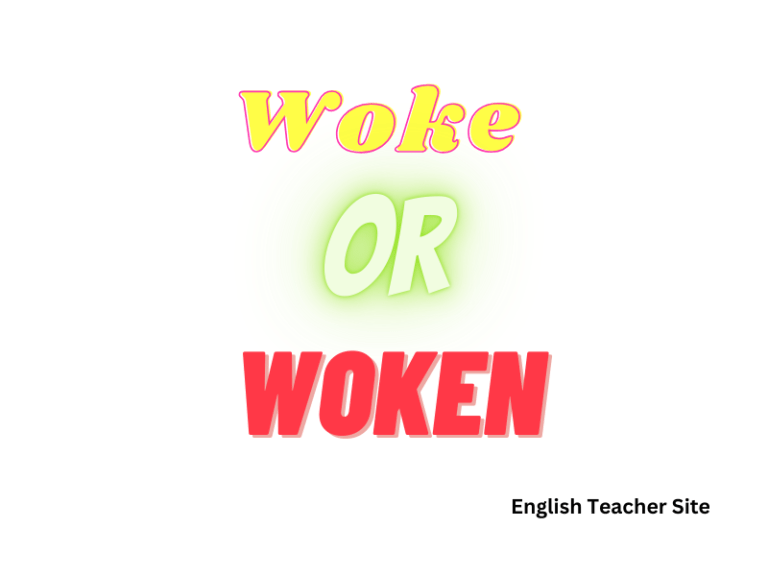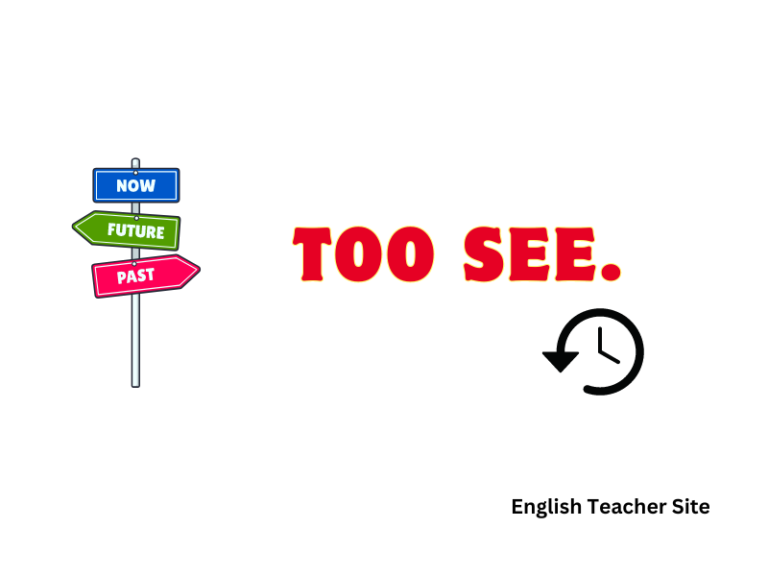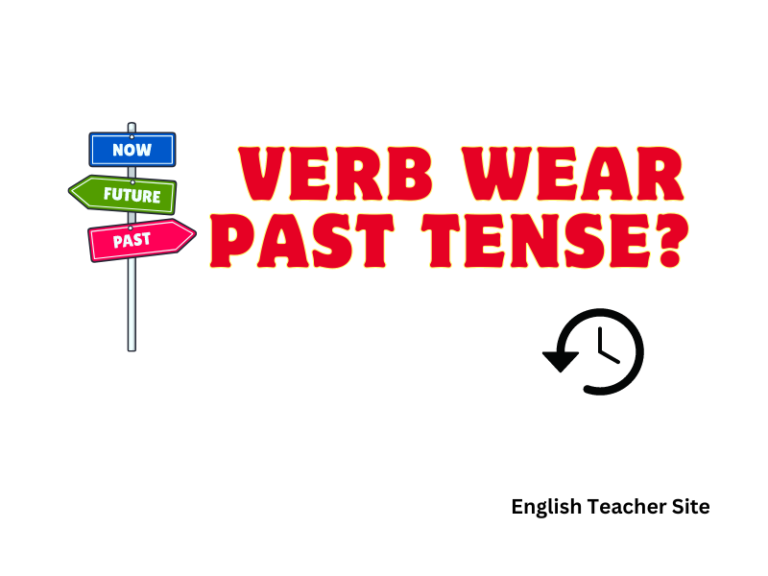Threw or Thrown: Which One is the Past Tense of Throw?
Answer: Is the past tense of throw, threw or thrown. The past tense of “throw” is “threw,” while “thrown” is the past participle. The key distinction lies in their use in different grammatical contexts. “Threw” is used for simple past actions, while “thrown” is employed in perfect tenses and passive voice. Threw vs. Thrown: Breaking…

